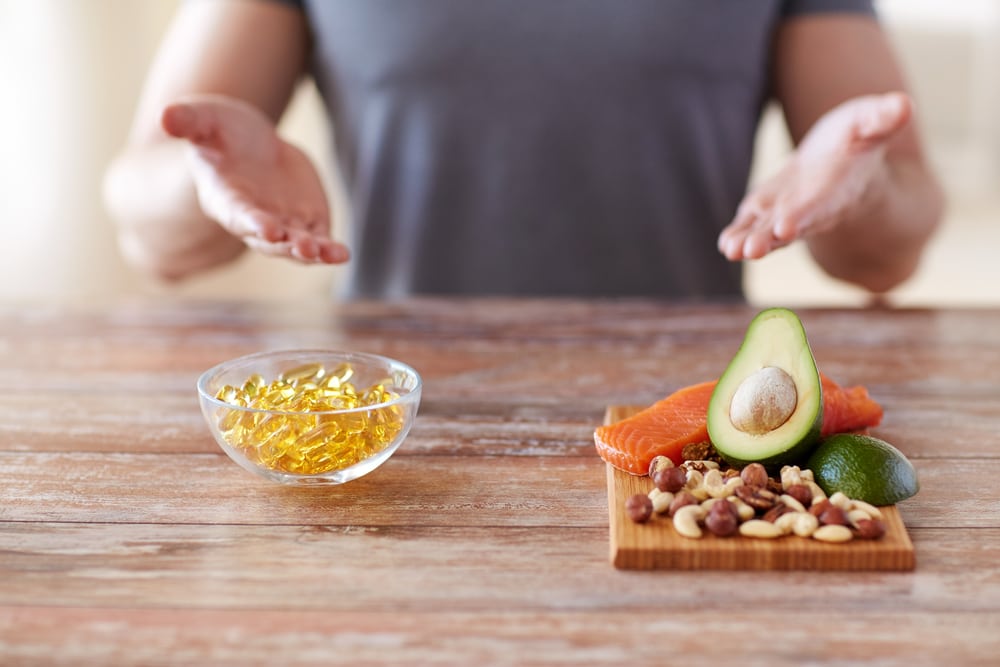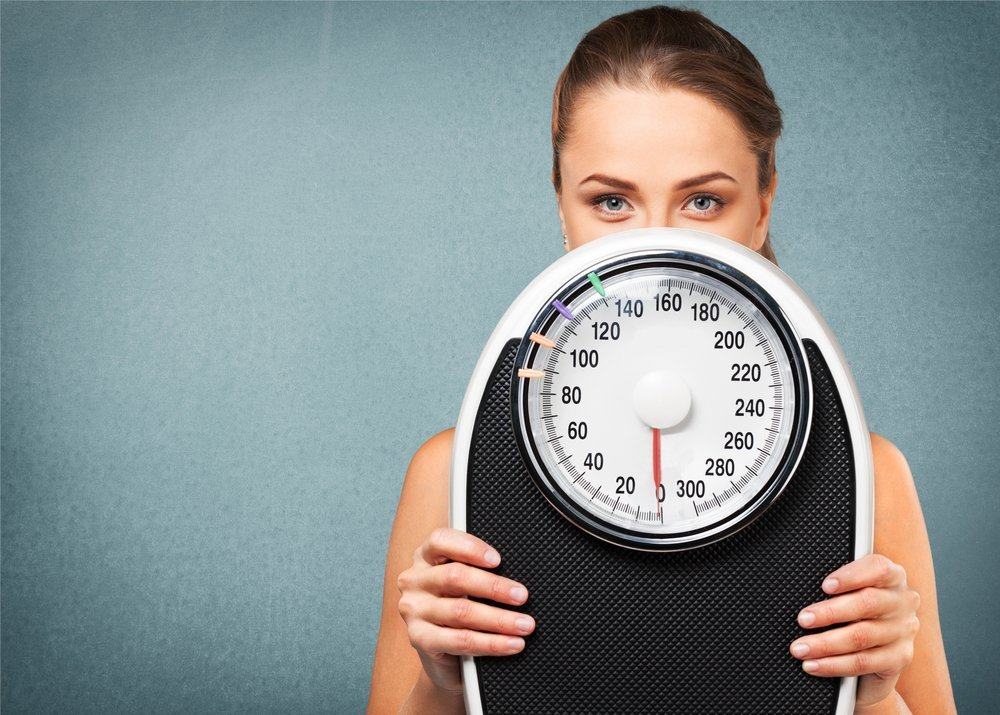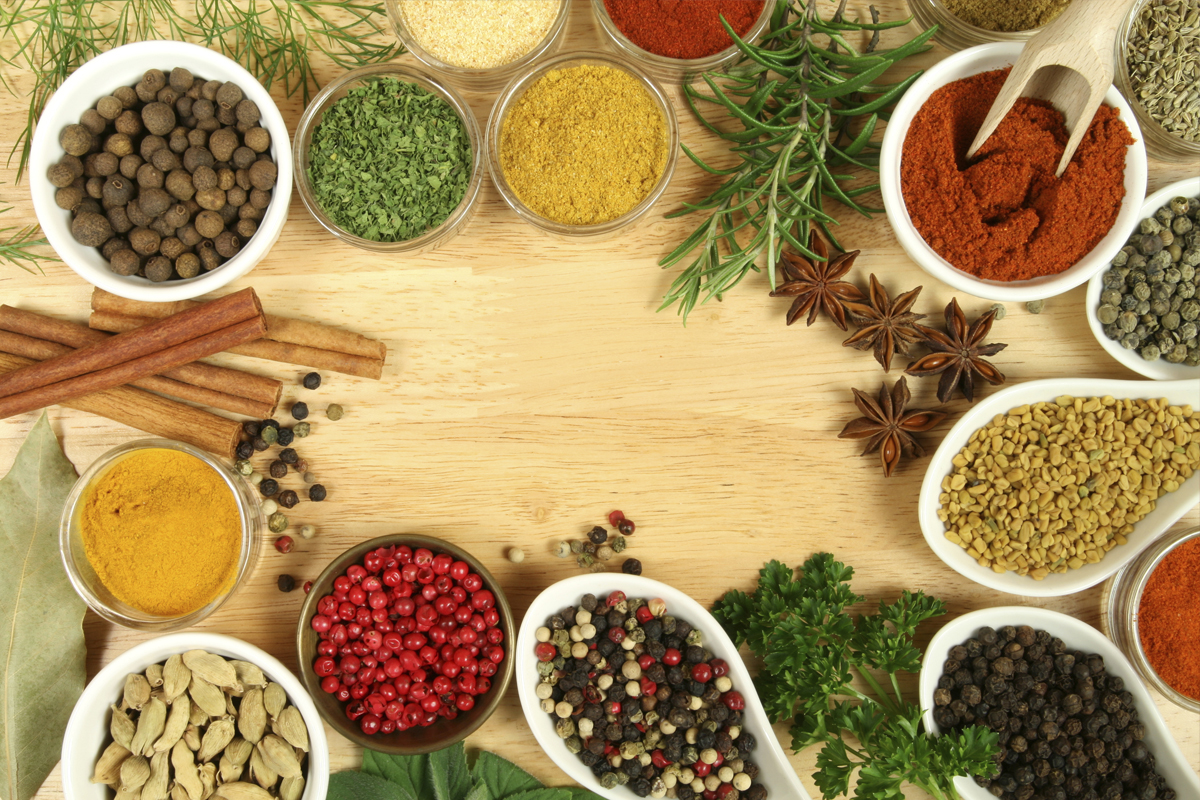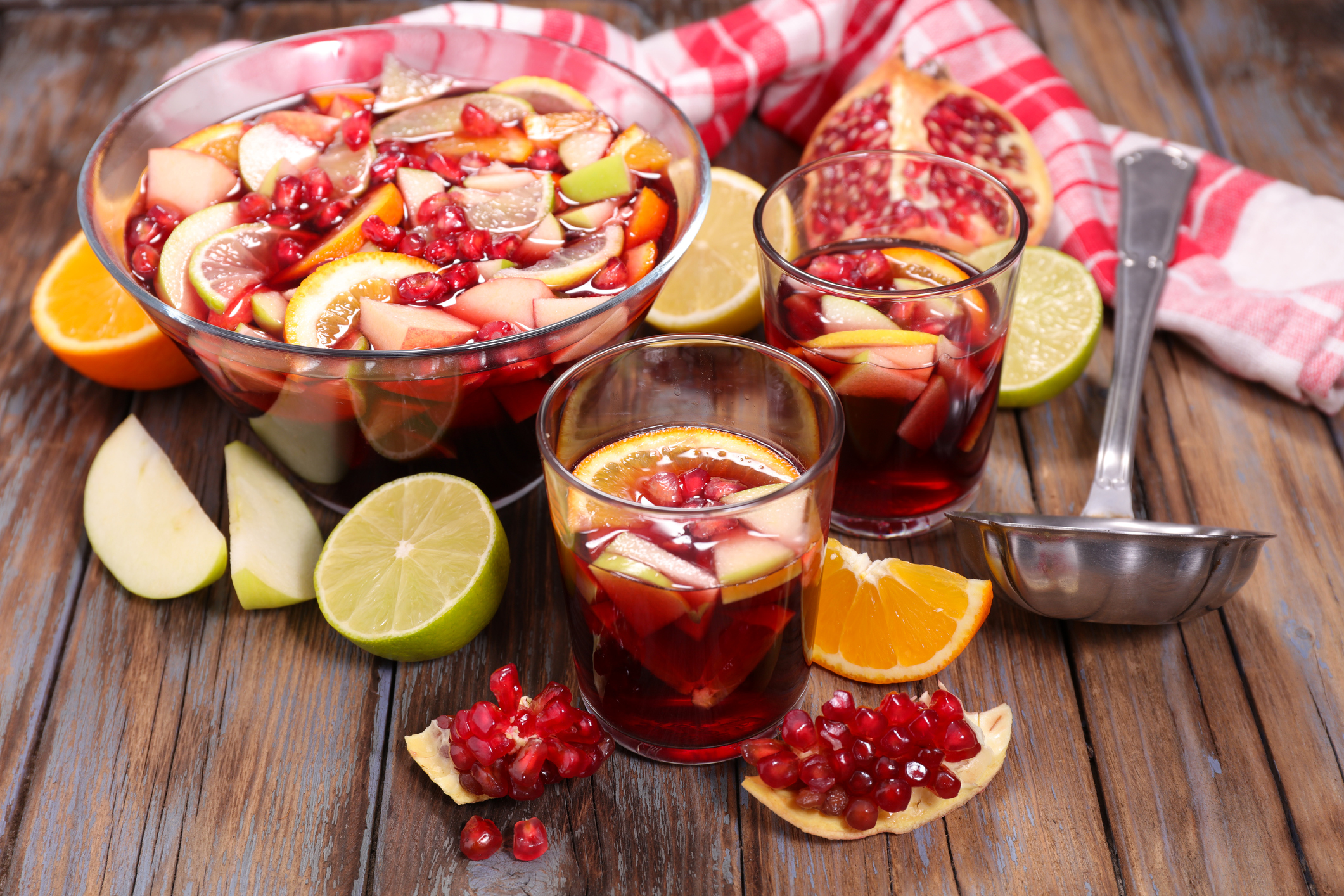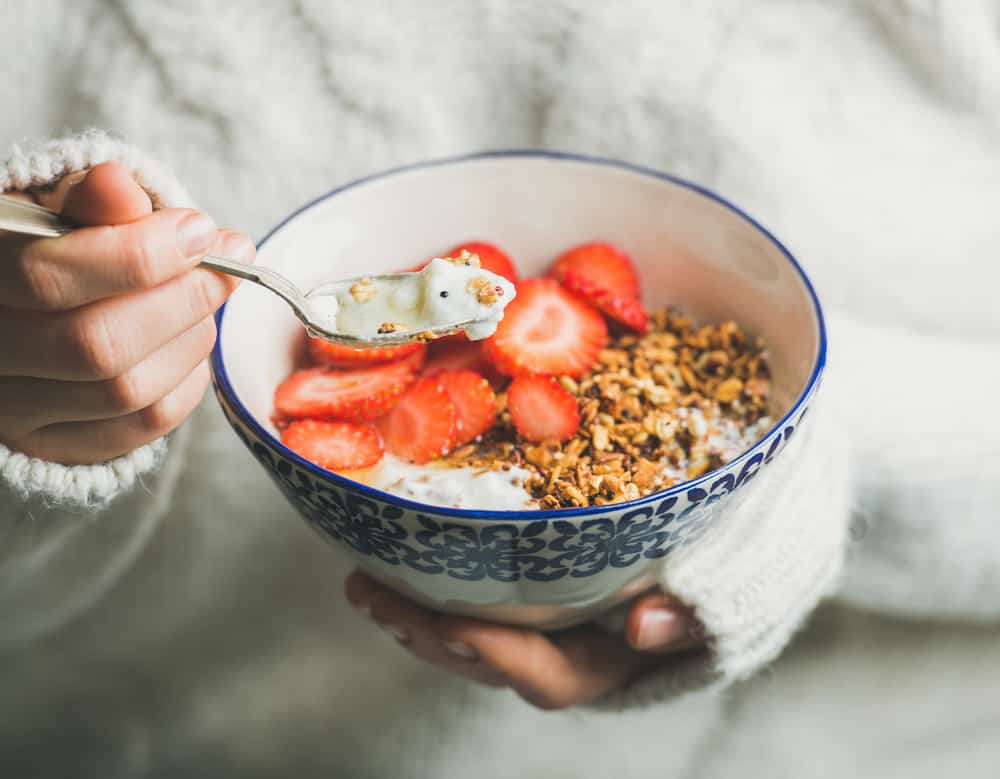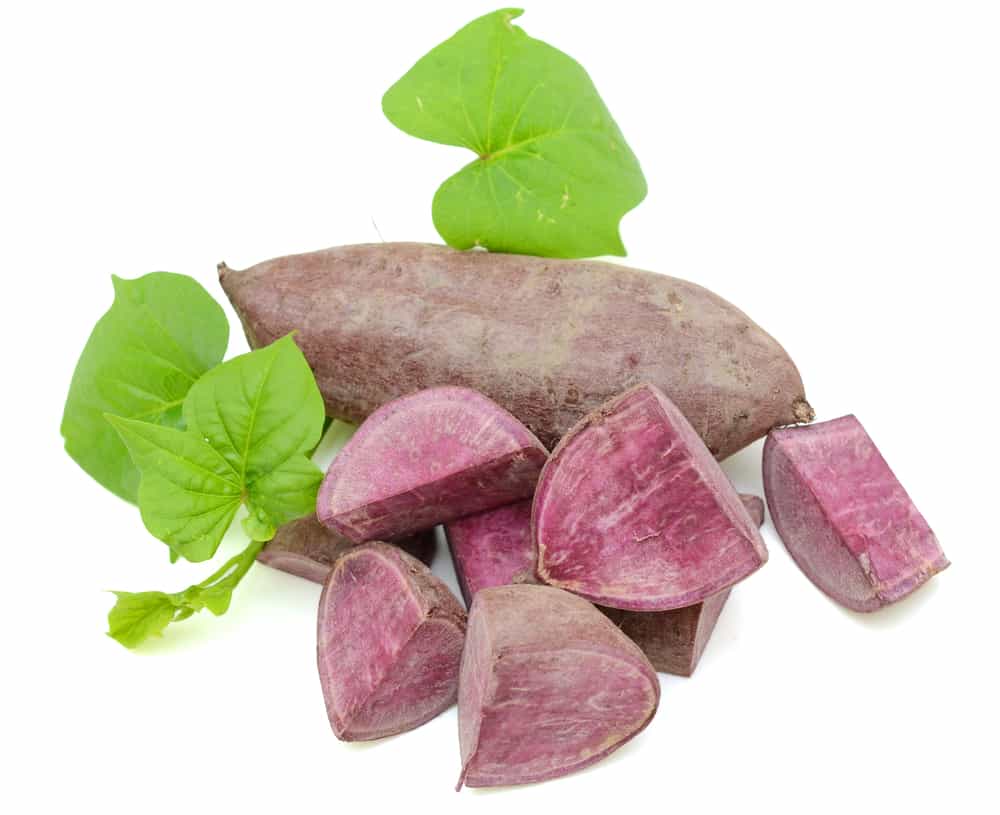Contents:
- Medical Video: Top 3 Minerals for Fasting & a Low Carb Keto Diet
- Why does the body need more minerals and vitamins when fasting?
- 1. Vitamin A
- 2. Vitamin C
- 3. Vitamin D
- 4. Iodine
- 5. Zinc or zinc
Medical Video: Top 3 Minerals for Fasting & a Low Carb Keto Diet
Fasting is done with a period of almost 12 hours, certainly a challenge for you. Not only is lust challenged, your body is also challenged to remain strong everyday while undergoing fasting. Not enough with food sources such as carbohydrates, fats, proteins and sugar. In fact, the body also needs essential vitamins and minerals to support physical health during this month of Ramadan.
Why does the body need more minerals and vitamins when fasting?
Vitamins and minerals are organic nutrients available in various food ingredients and are available specifically in supplement form. Both are very necessary for the body to carry out various metabolic functions. Especially when fasting the body that does not eat and drink slowly will lose important nutrients that can cause a decrease in health.
Then, what are the fasting mineral and vitamin intake that must be fulfilled by the body?
1. Vitamin A
Why does the body need vitamin A when fasting? Vitamin A in the body has many important roles that help the body everyday. Some functions of vitamin A include as a tool to increase immunity and for eye vision. Vitamin A, which also includes beta carotene substances can help the retina, cornea, and eyes to function properly while fasting.
To get the maximum vitamin A, you can get it in sweet potatoes, beef liver, spinach, milk, eggs and even carrots. If you want to fulfill enough vitamin A when fasting, it's good to consume 1 boiled sweet potato with the skin. In one sweet potato, it contains more than 28,000 mcg of vitamin A. With a number of these ingredients, it is more than enough to meet daily vitamin A needs.
2. Vitamin C
It has been widely known that vitamin C is an important vitamin for daily activities, especially when fasting. Vitamins during fasting are important sources of antioxidants to maintain endurance. In addition, vitamin C is also important for metabolizing the body's protein and avoiding cardiovascular disease (for example the heart).
You can get vitamin C from fruits and supplements. Examples of fruits with vitamin C include citrus fruits, kiwi fruit, cantaloupe and even broccoli vegetables. But there is something to remember, everyday the body only needs 75 milligrams of vitamin C. If you mostly consume vitamin C, your body will release the vitamin by itself if you feel the excess dose.
3. Vitamin D
Many don't expect vitamin D to be needed by the body during fasting. Why does the body need vitamin D? It is important to know that when fasting, where the body does not eat and drink for a long time, it can affect one's emotions.
Vitamin D also functions to activate the immune system and release dopamine and serotonin hormones that affect brain function and development. This is similar to how some types of antidepressant drugs work to increase the hormone monoamine in the brain to overcome depression everyday.
This vitamin requirement during fasting can be fulfilled by consuming various foods, supplements, and exposure to morning sun when on the move. However, natural intake such as from food and sunlight will be much healthier because it has risks hypervitaminosis which is very small. Most people tend to get vitamin D intake through foods such as milk, cereal foods, meat, chicken or beef liver, and eggs.
4. Iodine
In addition to vitamins, when fasting the body also needs important minerals such as iodine which can be obtained from food when dawn. Iodine is a mineral that the body needs to maintain thyroid function and cell metabolism. Low iodine intake can cause hypothyroidism. Now one of the symptoms of hypothyroidism is fatigue, weight gain, and even constipation while fasting.
To prevent fasting due to iodine deficiency in the body, you can get a daily intake of iodine at dawn and break the fast by eating sea fish, eggs and when cooking use salt containing iodine.
5. Zinc or zinc
Zinc is a nutrient that humans need when fasting to stay healthy. Because, zinc can help the immune system fight viruses and bacteria when the body stops receiving food. In addition, another function is to form proteins and DNA, as well as things related to genetics in all cells.
Zinc nutrition affects motoric, cognitive and psychosocial functions in children and the elderly. Where if the body lacks zinc during fasting, many body motor cells are out of sync and eventually get tired. You can get zinc minerals by consuming red meat, seafood, nuts and milk during fasting.

